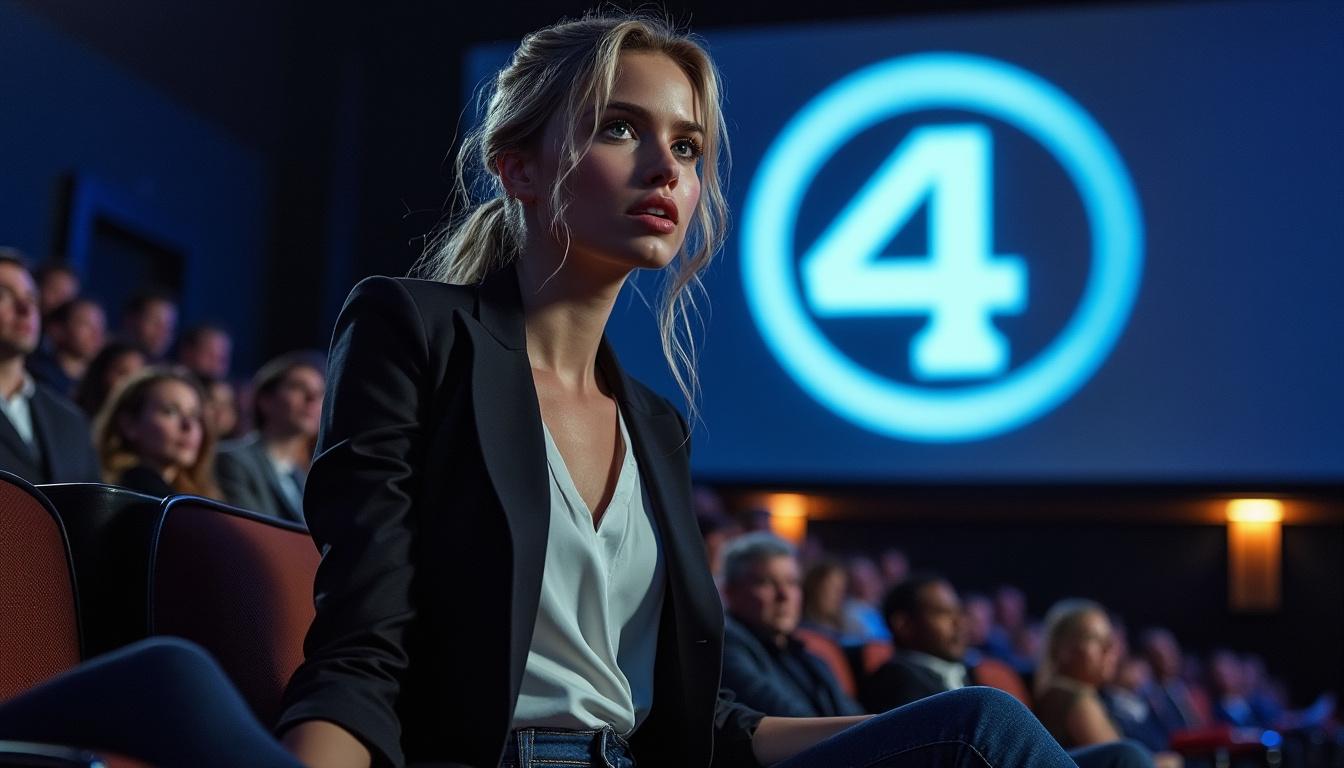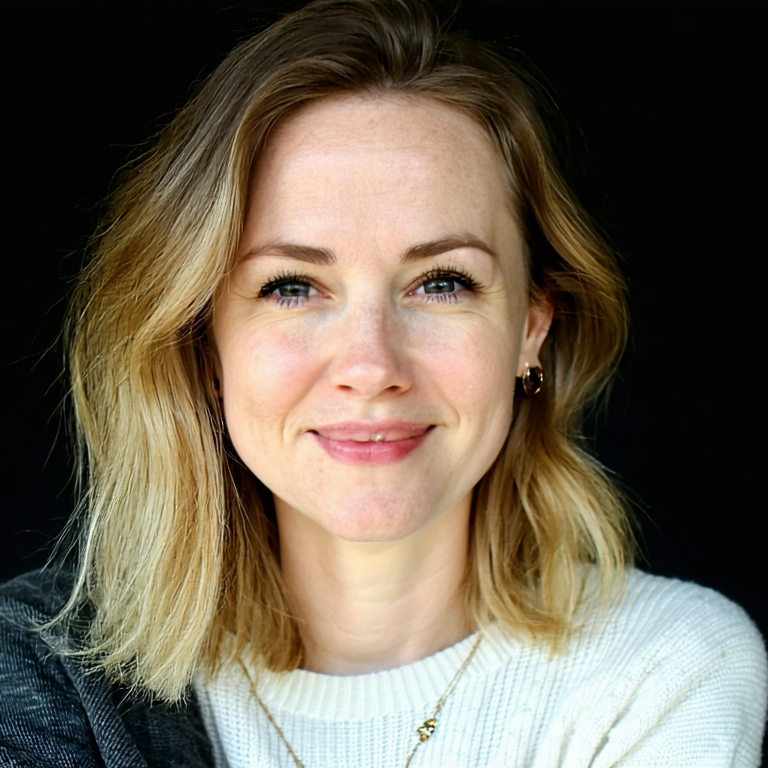The revelation of the actor behind the mystery role in the post-credits scene of The Fantastic Four: First Steps has sent ripples through the Marvel fandom. Vanessa Kirby, who stars as Sue Storm (the Invisible Woman) in this much-anticipated installment of the superhero saga, has confirmed that the enigmatic figure seen in the climactic moments of the film is none other than the renowned Robert Downey Jr., reprising his iconic role as Doctor Doom. This announcement has left fans buzzing, eagerly dissecting what it means for the future of the Marvel Cinematic Universe (MCU).
The Significance of the Post-Credits Scene in the Marvel Franchise
In a franchise celebrated for its intricate storytelling and interconnected narratives, the post-credits scenes have become a cornerstone of the viewing experience. These segments often unveil crucial plot points, provide tantalizing teasers for upcoming films, and engage audiences in speculative discourse. The post-credits scene for The Fantastic Four: First Steps is no exception, as it seamlessly connects the events of this film to the upcoming Avengers: Doomsday. This strategic narrative choice highlights how the MCU consistently fosters audience engagement and maintains high levels of anticipation.
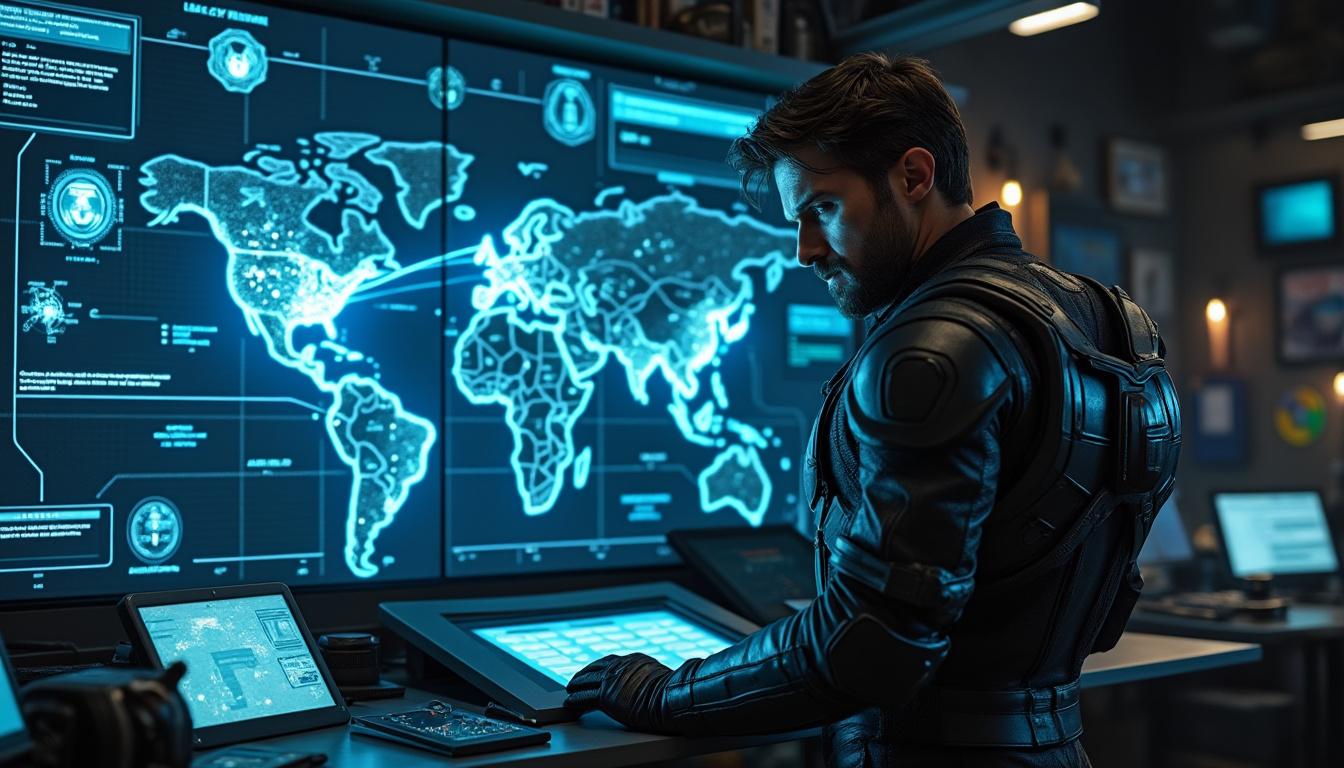
Exploring Previous Post-Credits Scenes
The significance of the post-credits scene extends beyond mere novelty; they are integral to the MCU’s storytelling approach. A few notable examples include:
- The Avengers (2012) – Thanos first appears, setting the stage for the eventual Infinity Saga.
- Guardians of the Galaxy (2014) – Howard the Duck’s cameo establishes a humorous connection to the larger universe.
- Spider-Man: Homecoming (2017) – The revelation of a new foe heightens excitement for the next film in the franchise.
Each of these scenes not only serves to build anticipation but also enriches the ongoing narrative tapestry of the Marvel universe. Similarly, Kirby’s recent revelation heightens the stakes for both her character and the continuity it will uphold moving forward.
Kirby’s Role and Her Experience as Sue Storm
Vanessa Kirby’s portrayal of Sue Storm marks a significant addition to the overall narrative of the Fantastic Four. Known for her compelling performances in films like Napoleon, Kirby brings depth and complexity to this iconic comic book character. Sue Storm’s evolution, particularly in how she navigates her responsibilities after a catastrophic event involving Galactus, reveals new layers to her character that are both relatable and profound.
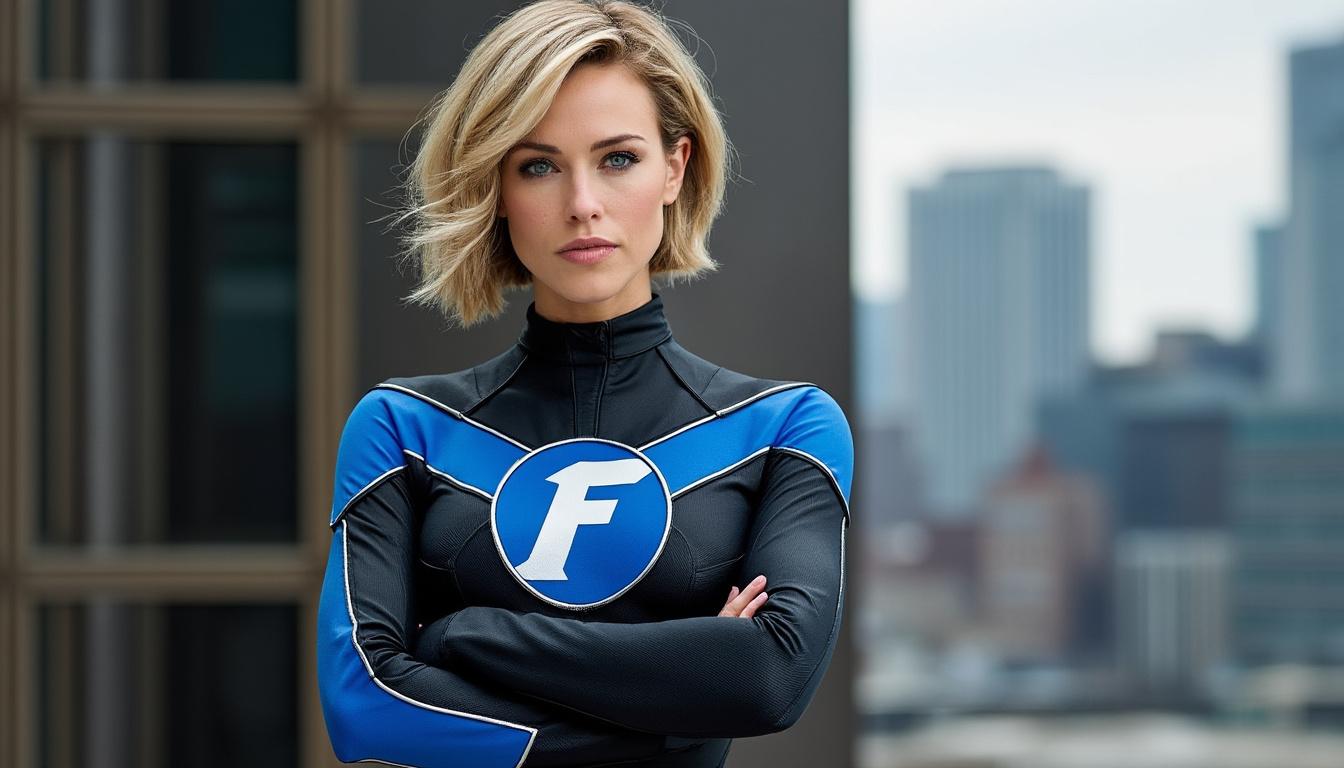
The Interpersonal Dynamic with Other Characters
Throughout The Fantastic Four: First Steps, the interactions between Kirby’s Sue Storm and her son, Franklin Richards, illuminate both her nurturing side and the weight of her burdens. The post-credits scene emphasizes this dynamic, showcasing her caring nature juxtaposed against the formidable threat of Doctor Doom. This relationship is pivotal in understanding the emotional stakes of the story.
Furthermore, Kirby has expressed her joy and gratitude for the collaborative atmosphere on set, referring to Downey Jr. as the “Godfather” of the project. Her experience working amid the camaraderie and mutual support of seasoned actors and directors, particularly during her first pregnancy on the film, adds an inspiring facet to her portrayal. She stated, “It’s been amazing being pregnant and working on ‘Avengers.’ I felt so inspired and so relieved that I’ve been well taken care of. It’s been a really beautiful journey.”
| Character | Actor | Significance |
|---|---|---|
| Sue Storm | Vanessa Kirby | Central figure in navigating personal and superhero challenges. |
| Doctor Doom | Robert Downey Jr. | Antagonist introducing new threats to the Fantastic Four. |
| Franklin Richards | Child Actor | Symbolizes the hope and future that Sue protects. |
The Role of Directors and Creative Vision
In a shift from standard practice, the post-credits scene for The Fantastic Four: First Steps was crafted by the Russo Brothers, the directors behind some of the most impactful films in the MCU, including Avengers: Infinity War and Avengers: Endgame. Their involvement in this scene not only heightens the excitement but also demonstrates the thematic continuity within the franchise that fans have come to love.
The director, Matt Shakman, is also integral to translating the source material from comic book pages to screen. His vision allows the characters to resonate authentically with audiences while ensuring that action sequences feel thrilling yet emotionally grounded. This approach has led to successful adaptations of characters who have long roots in the comic book world, bringing a new generation into their stories.
Insights into the Russo Brothers’ Contribution
The Russo Brothers are renowned for their ability to weave intricate narratives that maintain coherence, even as they expand upon the lore of the MCU. Their strategic inclusion of Doctor Doom in the post-credits scene not only serves to set up future conflicts but also signals a shift towards darker themes as the franchise progresses. Some notable aspects of their storytelling choices include:
- Complex Characterization: The blend of hero and villain has become a hallmark of their work.
- Layered Plot Arcs: Each film connects to larger zeitgeist themes, making them resonate beyond mere action sequences.
- Audience Engagement: The strategic placement of clues and hints encourages viewer discussion and theory-making.
Fan Reactions and Speculation
The confirmation of Robert Downey Jr.’s involvement as Doctor Doom in the post-credits scene has ignited a frenzy among fans. Social media platforms exploded with reactions, conjectures, and discussions about the implications of his character’s return. The resurgence of Doctor Doom, a character steeped in comic book history, raises numerous questions about upcoming plots and relationships within the MCU.
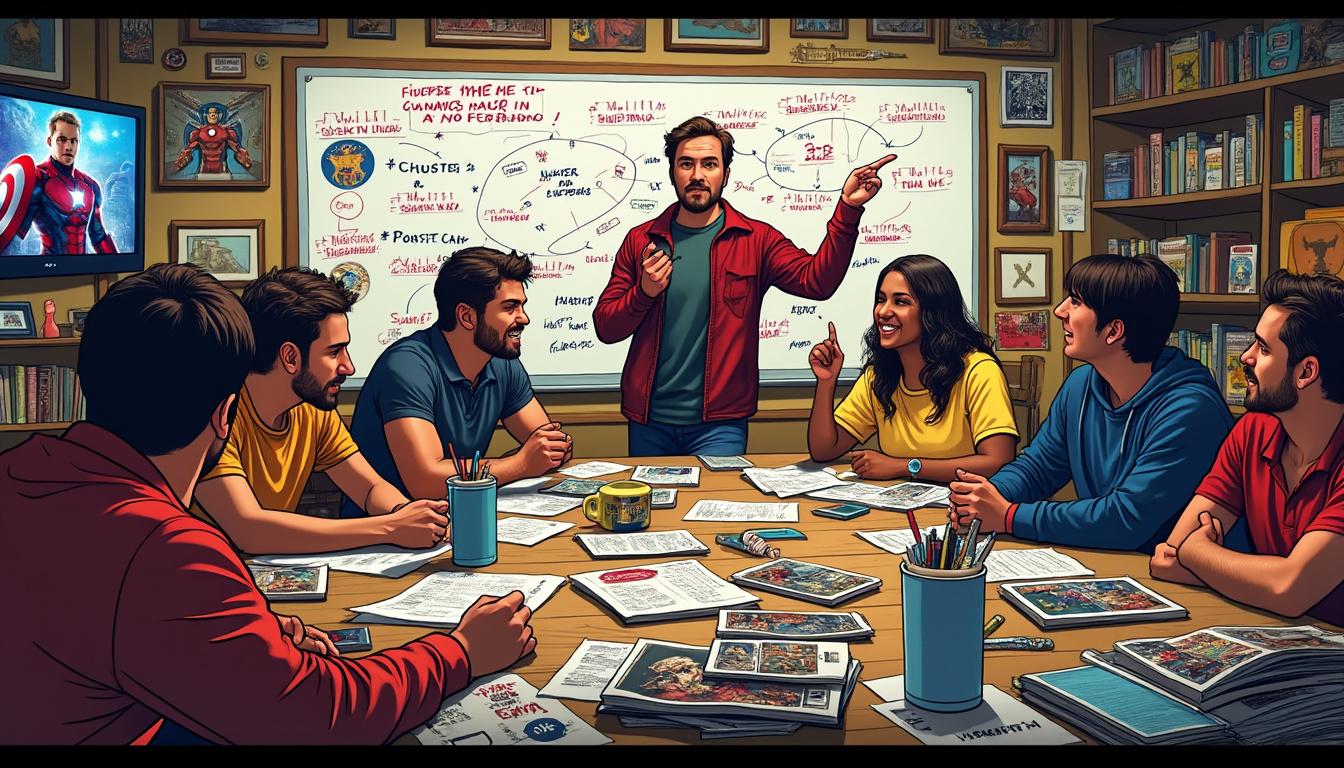
The Theory Crafting Community
The reactions underscore the power of social media in shaping fandom interactions. Enthusiasts are diving deep into the lore, analyzing every detail to speculate how Doctor Doom will influence the Fantastic Four and the greater MCU narrative. Among the prevalent theories are:
- Doctor Doom as the Catalyst: How he could serve as a bridge to connect multiple story arcs.
- Emotional Impact on Sue Storm: Exploring the personal stakes for Kirby’s character.
- Setting Up Future Villains: How this might pave the way for other antagonistic forces within the franchise.
This buzz echoes a trend within the film industry, wherein fans are increasingly engaged in the creation and evolution of narratives. With a character as beloved and complex as Doctor Doom re-entering the fold, the speculation promises to keep fans enthralled as they await the next installments of their favorite superhero saga.

